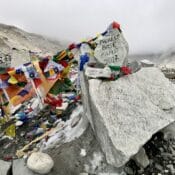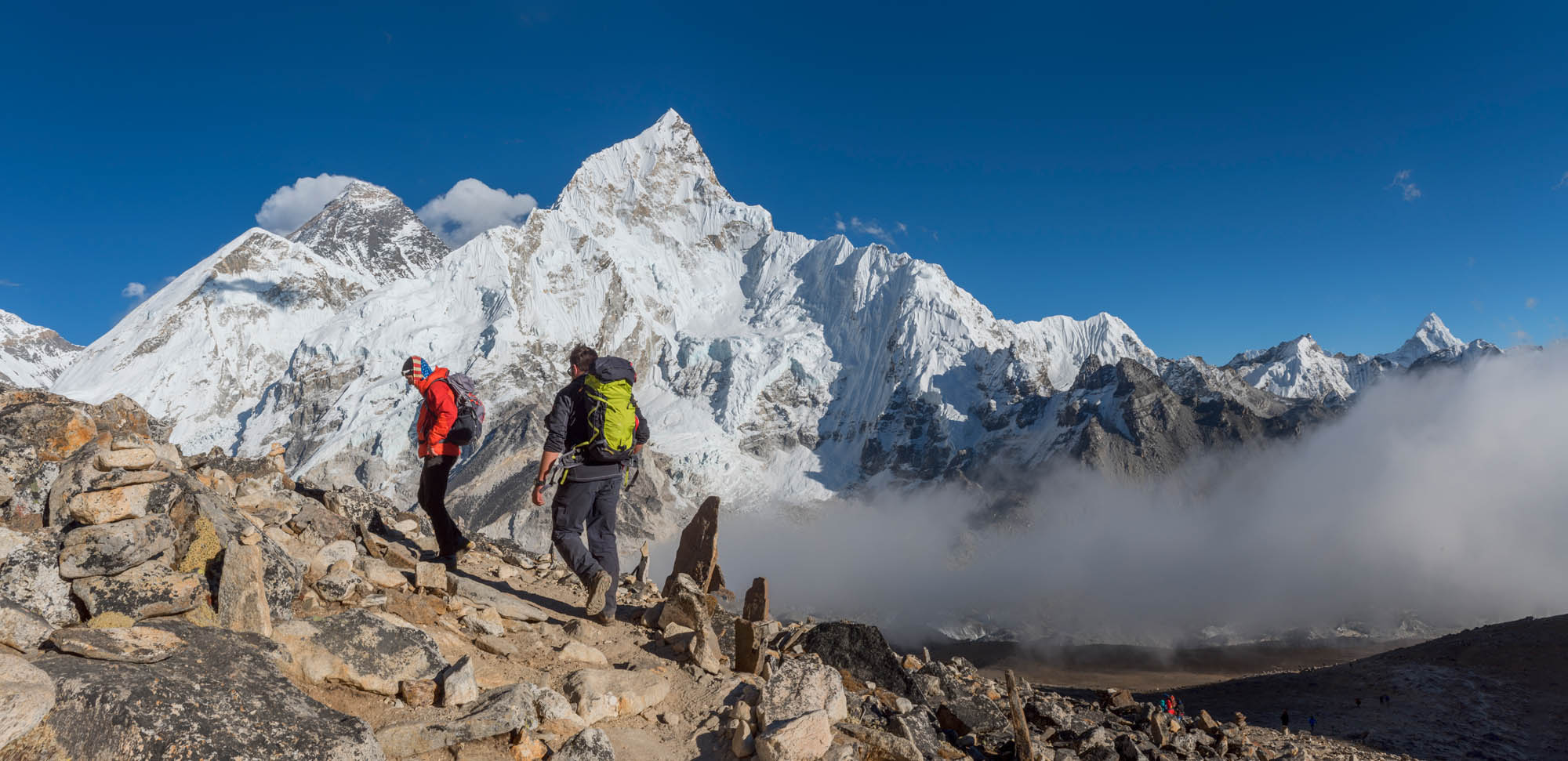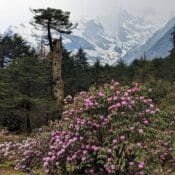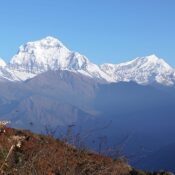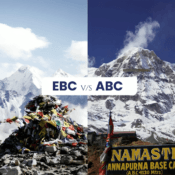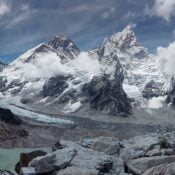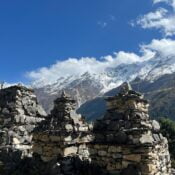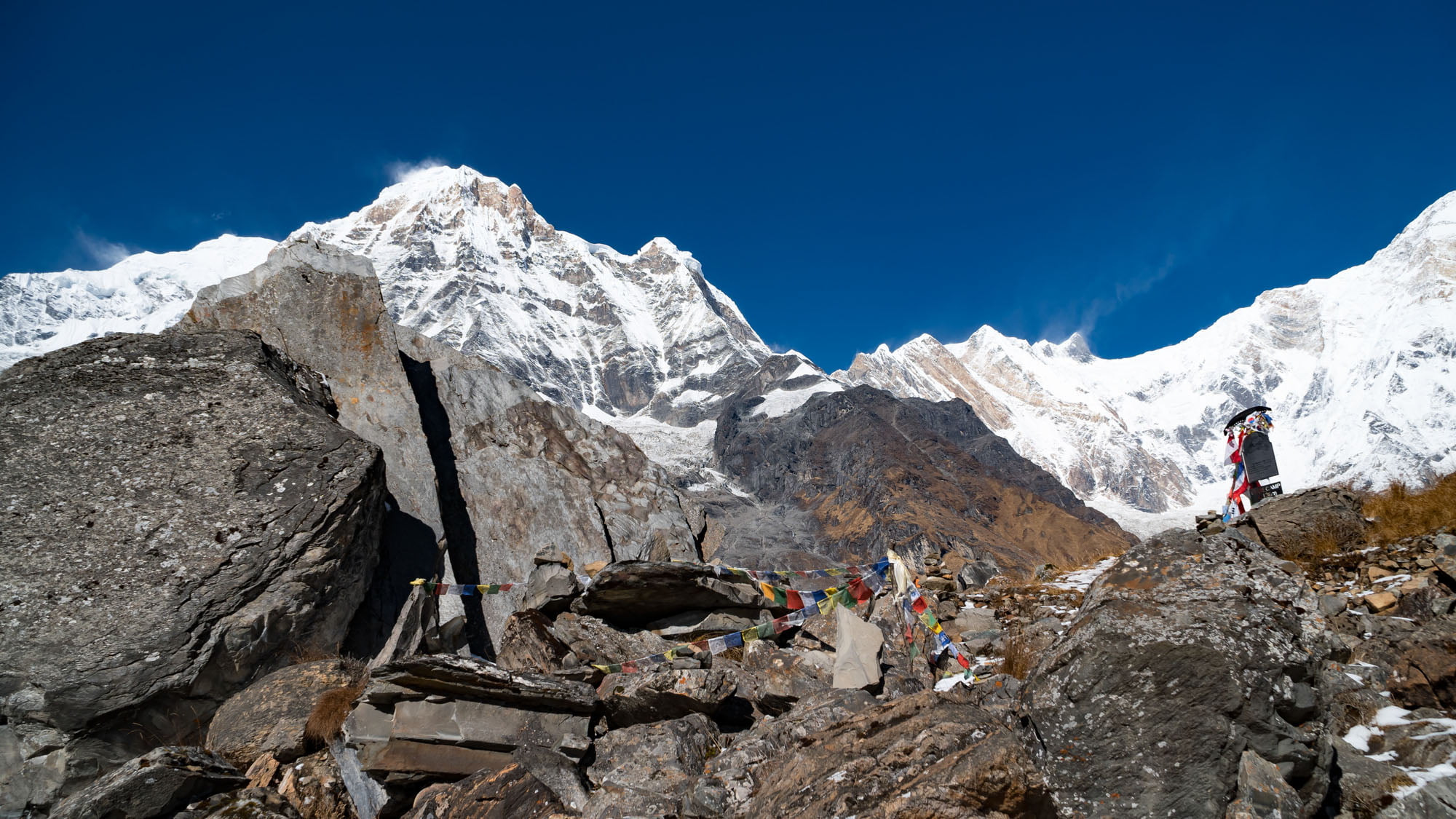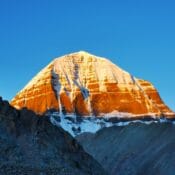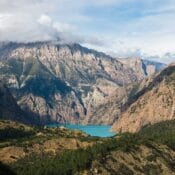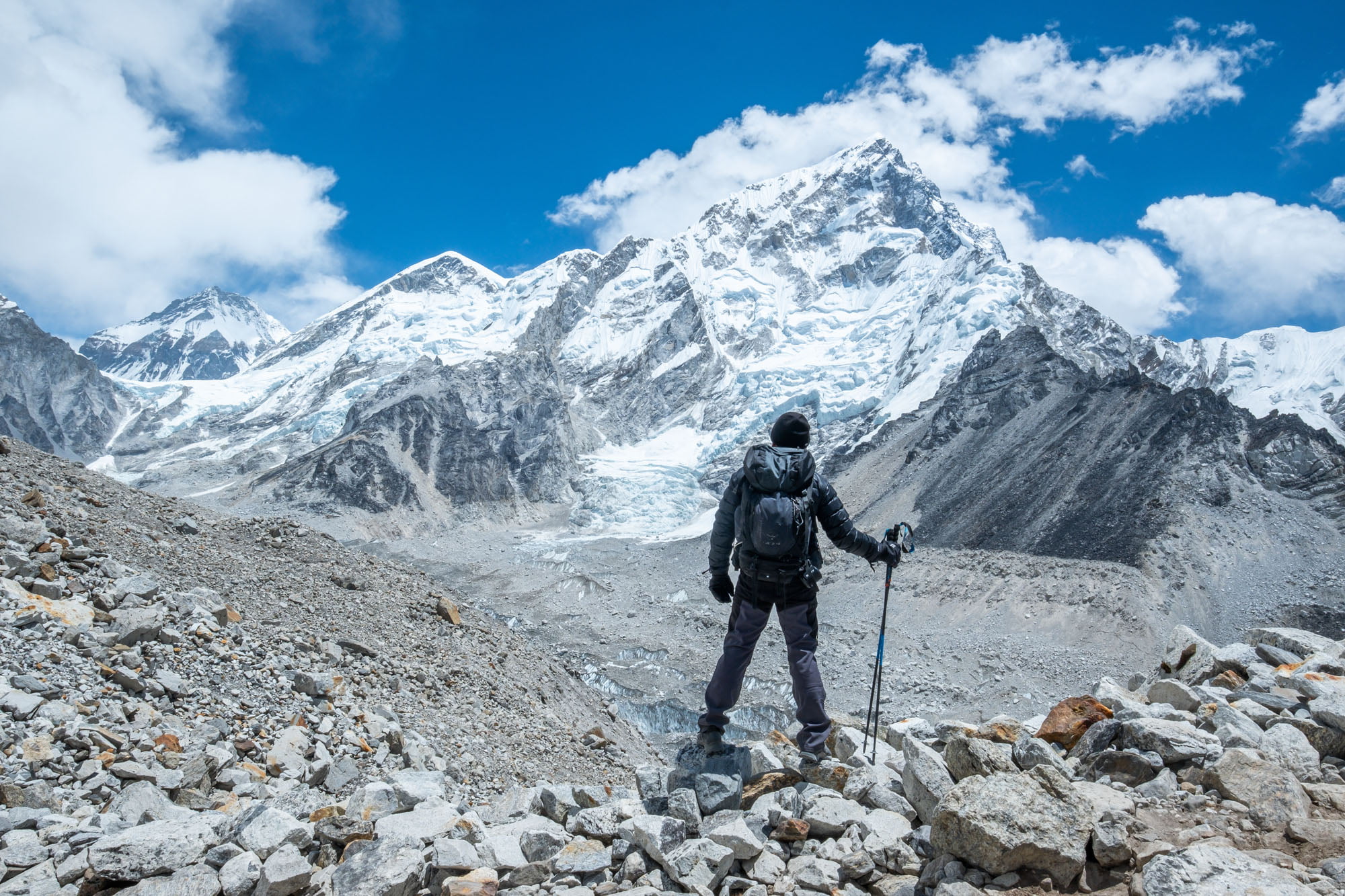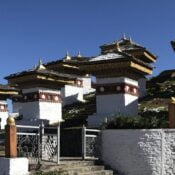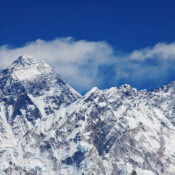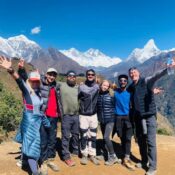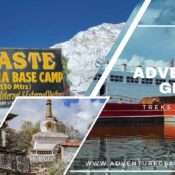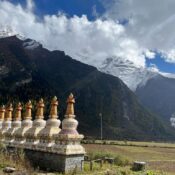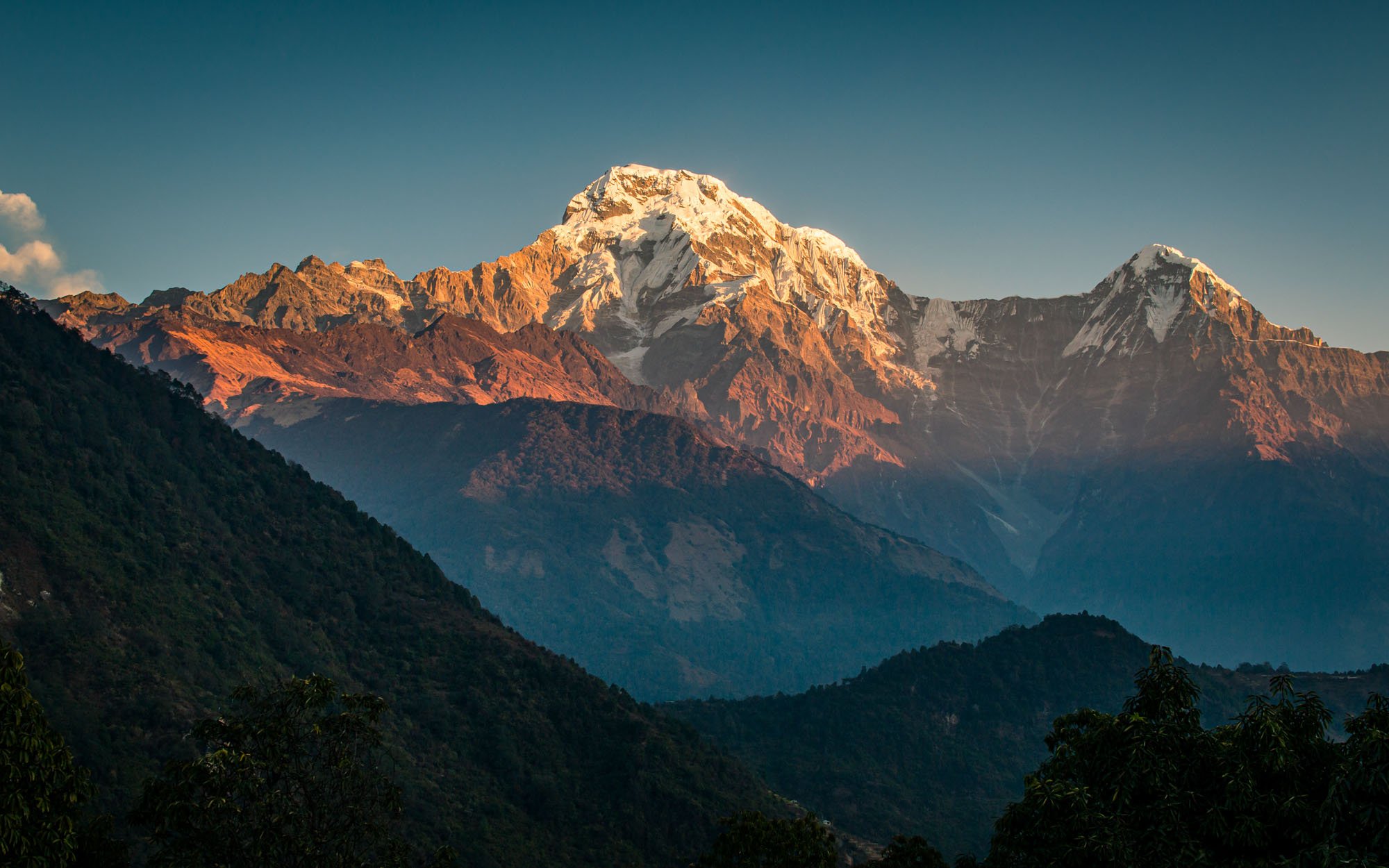Everest Base Camp Trek Food Guide: What to Eat, Avoid, and Pack
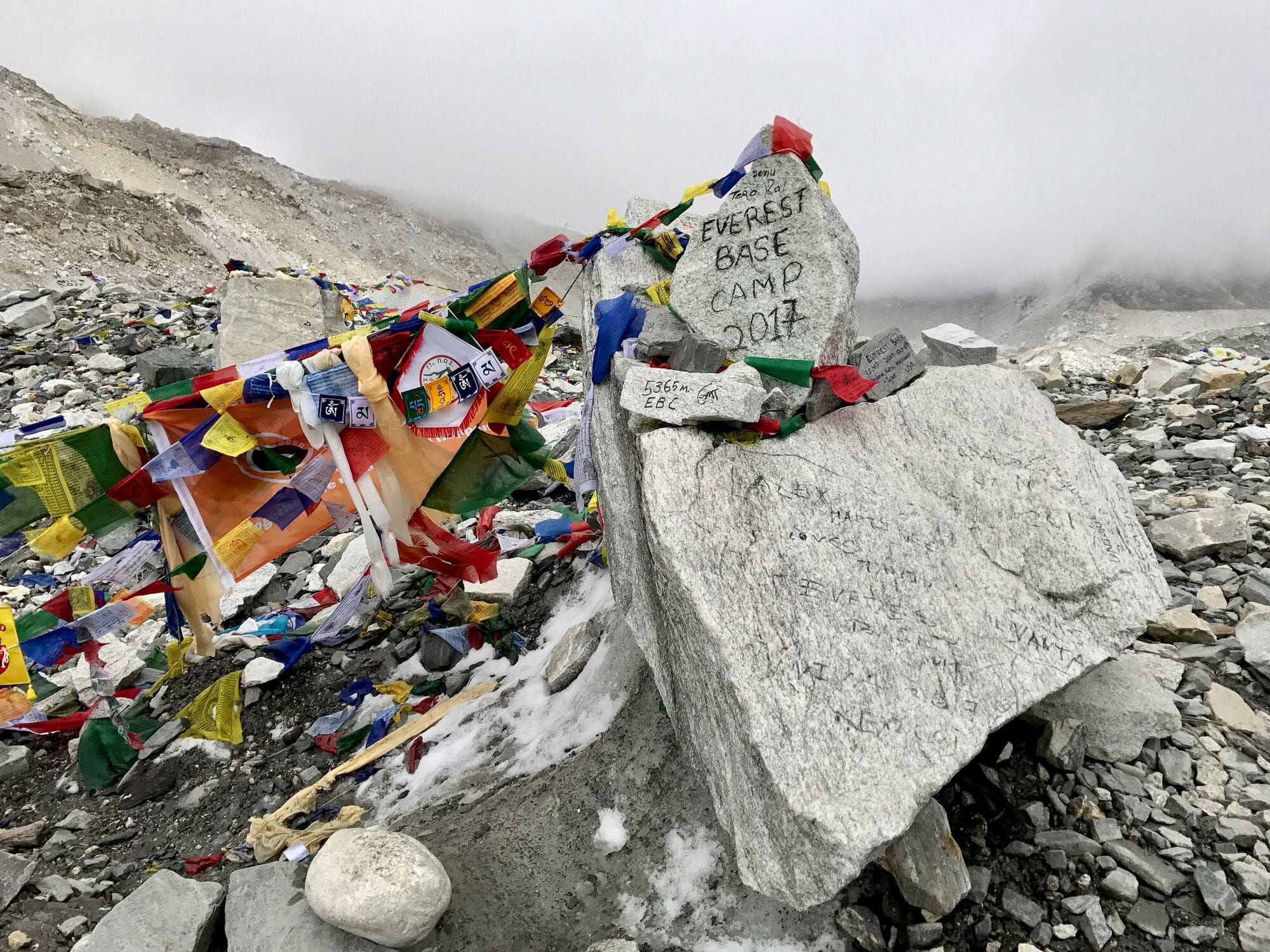
Embarking on the Everest Base Camp (EBC) trek is an adventure of a lifetime, and fueling your body with the right food is essential for endurance and altitude adaptation. The high-altitude conditions and physical demands of the trek make nutrition a crucial factor in your success. Along the trail, you’ll find a variety of food options in tea houses, but knowing what to eat, what to avoid, and whether to bring extra food can enhance your trekking experience. This Everest Base Camp Trek Food guide covers everything you need to know about food and drinks to keep you energized and healthy.
The food you consume while trekking plays a major role in your overall experience. High-energy, nutrient-dense meals ensure that you stay strong and recover quickly after long hiking days. Your body burns more calories at high altitudes, so having the right meal plan can help sustain your strength throughout the journey. In this Everest Base Camp Trek Food guide, we explore the best food options, what you should avoid, and how to stay properly nourished while enjoying the breathtaking trek to the base of the world's highest mountain.
Food Available on the Everest Base Camp Trek
Tea houses and lodges along the Everest Base Camp trek offer a wide range of meals, catering to trekkers from all over the world. These meals are simple but provide the necessary energy to keep you going. Here are some of the most common options:
- Dal Bhat – The staple Nepalese meal consisting of rice, lentil soup, vegetables, and pickles, providing essential carbs and protein. The best part about Dal Bhat is that many tea houses offer free refills, making it the most economical and fulfilling meal for trekkers.
- Tibetan Bread – A deep-fried bread often served with honey or jam for breakfast. This crispy and slightly chewy bread is an excellent source of quick energy in the morning.
- Momos – Nepali dumplings filled with vegetables or meat, a delicious and energy-boosting snack. These steamed or fried dumplings are a favorite among trekkers looking for a hearty snack.
- Thukpa – A Tibetan noodle soup with vegetables or meat, great for warming up in cold temperatures. It is light on the stomach but provides enough sustenance for a long day's hike.
- Porridge & Oatmeal – A nutritious breakfast option that provides sustained energy. It is often served with honey, nuts, or dried fruits to enhance flavor and nutritional value.
- Chapati & Omelet – A common breakfast dish that provides protein and carbs. A good choice for those who want a simple yet nutritious meal to start their day.
- Yak Cheese & Yak Steak – Locally sourced dairy and meat options for those looking to try traditional flavors. Yak cheese is high in fat and protein, making it a great energy source.
- Pasta, Rice, & Potatoes – Carb-heavy dishes like fried rice, spaghetti, and mashed potatoes are readily available. These meals help maintain energy levels throughout the trek.
- Soups (Garlic, Tomato, Lentil) – Garlic soup is highly recommended for acclimatization as it is believed to help with altitude sickness. Other soups offer hydration and warmth during cold nights.
- Chocolate & Energy Bars –Many tea houses sell chocolates, biscuits, and protein bars for quick energy boosts. These snacks are ideal for in-between meals while trekking.
Should You Bring Your Own Food for the Everest Base Camp Trek?
While food is available along the Everest Base Camp Trek, prices increase with altitude due to transportation costs. Bringing some lightweight and high-energy snacks can be a great supplement to tea house meals. Here are some food items you should consider packing:
- Energy Bars & Protein Bars – Quick, nutritious snacks for an energy boost. Choose bars with nuts, oats, and natural sugars for long-lasting energy.
- Nuts & Dried Fruits –Lightweight and packed with essential nutrients. These provide healthy fats and proteins that help maintain energy levels.
- Electrolyte Powder & ORS – Helps prevent dehydration and replenish lost minerals. Essential for maintaining energy and preventing altitude sickness.
- Instant Noodles & Soups – Can be handy for a quick meal at higher altitudes. Some trekkers bring their own cup noodles to supplement tea house meals.
- Tea Bags & Coffee Sachets – Bring your favorite flavors to enjoy a comforting drink. Tea houses do offer hot drinks, but bringing your own can save money and ensure you get the flavors you like.
- Dark Chocolate – A great source of instant energy and antioxidants. Helps fight fatigue and provides a mood boost.
Foods to Avoid During the Everest Base Camp Trek
To ensure a healthy and trouble-free trek, avoid the following foods:
- Meat at Higher Elevations – Meat is carried up the trail without refrigeration, making it unsafe to consume. Eating meat at high altitudes increases the risk of foodborne illnesses.
- Unwashed Raw Vegetables & Salads – Avoid fresh salads as they might be washed with untreated water. Stick to cooked vegetables to reduce the risk of stomach infections.
- Alcohol – Consuming alcohol at high altitudes can increase dehydration and altitude sickness risk. It also slows down acclimatization and affects overall performance.
- Heavy, Greasy Foods –Fried and oily foods can cause digestion issues during the trek. Stick to simple, easy-to-digest meals.
- Dairy Products (Other than Yak Cheese) – Unpasteurized dairy may cause stomach infections. If you are lactose intolerant, avoid dairy altogether.
- Carbonated Drinks – They can cause bloating and dehydration. Stick to water, tea, or herbal infusions instead.
Best Drinks for Hydration & Acclimatization
Staying hydrated is crucial for preventing altitude sickness. Proper hydration helps in better oxygen absorption and keeps you energized. Recommended drinks include:
- Warm Herbal Tea (Ginger, Garlic, Mint) – Helps with digestion and acclimatization. Garlic tea is especially beneficial in high-altitude environments.
- Hot Lemon with Honey – A refreshing and energy-boosting drink. Provides a natural sugar boost while keeping you warm.
- Boiled Water – Always drink purified or boiled water to prevent waterborne diseases. Carry a water purification tablet or filter for safety.
- Electrolyte Drinks – Helps maintain hydration and energy levels. Essential for long trekking days and preventing cramps.
- Butter Tea –A traditional Tibetan tea made with yak butter, which provides warmth and energy. It has a salty taste but is highly beneficial for trekkers.
Choosing the right food and drinks is essential for a successful Everest Base Camp trek. This Everest Base Camp Trek Food Guide ensures you make informed decisions about your nutrition during the journey. Stick to locally available, high-energy foods, carry essential snacks, and avoid risky food items to ensure a smooth trekking experience. With proper nutrition and hydration, you’ll have the energy and strength to reach Everest Base Camp and enjoy this remarkable journey. Understanding what to eat and what to avoid can significantly improve your trekking experience and keep altitude sickness at bay. Whether you are a professional trekker or a first-time adventurer , this Everest Base Camp Trek Food Guide will help you prepare for a safe and enjoyable trek. Book Your Trek Today !



